Premium Only Content
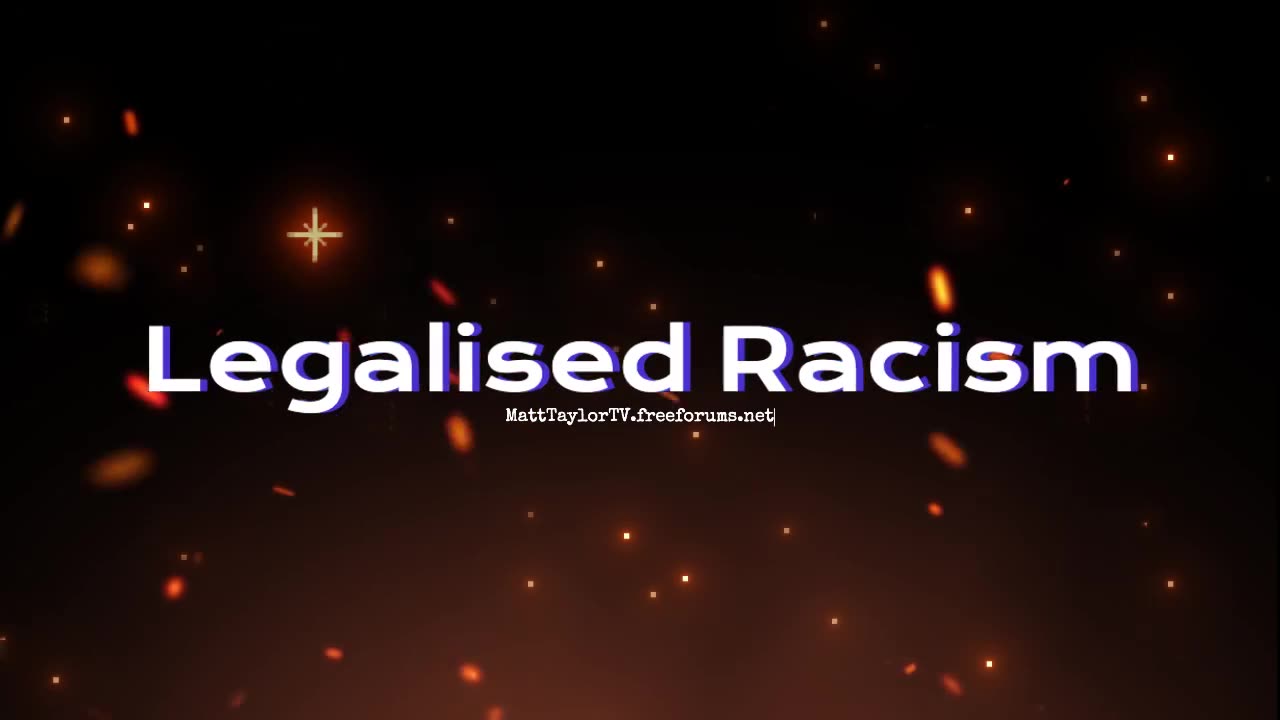
Legalised Racism.
The Unspoken Truth About Attacks on Refugees.
Today, my 15-year-old son said something that stopped me in my tracks. “It’s legalised racism to attack refugees,” he told me.
At first, I smiled at how clearly he’d put it. Then I realised just how much weight those words carry, because when you break it down, he’s right.
Defining the Issue.
Racism is more than name-calling or obvious hate. At its core, it’s prejudice, discrimination, or antagonism against someone based on their membership of a particular racial or ethnic group — especially one that’s already a minority or marginalised.
Now look at how refugees are treated in some countries today. When a person is singled out, attacked, or legislated against specifically because they are a refugee from a particular place, that is discrimination tied to nationality and ethnicity. It’s a racialised prejudice — and when governments condone it, it becomes legalised.
The Double Bind of Refugees.
Refugees are people who have already faced the unimaginable:
War.
Persecution.
Natural disaster.
Loss of home and community.
They arrive seeking safety, yet find themselves targeted once again — not for anything they’ve done, but for who they are and where they come from.
This is the bitter irony: people fleeing danger are met with new forms of hostility, often under the banner of “protecting national identity” or “border control.”
When Prejudice Becomes Policy. History has seen this pattern before.
The Jewish refugees turned away before WWII.
The Irish immigrants vilified in Britain and America.
The Vietnamese boat people rejected in the 1970s.
In each case, the rhetoric painted these groups as threats, freeloaders, or somehow incompatible with society. Prejudice turned into policy — and policy gave prejudice legal cover.
Why My Son’s Comment Matters.
Young people often cut through the fog of politics with blunt truth. My son saw through the excuses, the “economic burden” arguments, the “they should stay in their own country” slogans.
He called it what it is: legalised racism.
When laws, policies, or political speeches single out a group for negative treatment based solely on their origin, ethnicity, or refugee status, it’s not “protecting culture.” It’s discrimination — written into the system.
The Question We All Have to Ask.
If we believe in human rights, we can’t pick and choose who gets them based on birthplace or skin colour. If prejudice is wrong at the individual level, how can it be acceptable when wrapped in the language of government policy?
The next time someone cheers on harsh treatment of refugees, remember: my 15-year-old has already seen the truth. And if he can see it, so can we.
-
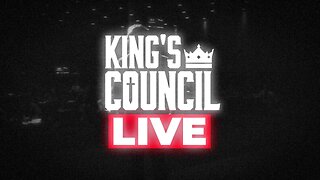 1:05:42
1:05:42
Dear America
2 hours agoShould Christians Celebrate Halloween?
5.07K3 -
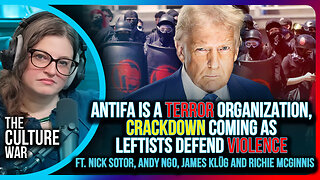 2:03:24
2:03:24
The Culture War with Tim Pool
3 hours agoAntifa Is A Terror Organization, Crackdown Coming As Leftists Defend Violence | The Culture War
134K120 -
 28:39
28:39
Afshin Rattansi's Going Underground
5 days agoThe Trump Plan to Save US Economic Hegemony You Haven’t Heard Of (Jim Rickards)
6.8K2 -
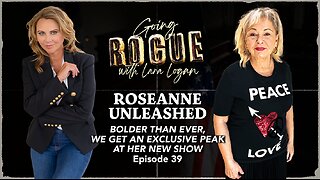 LIVE
LIVE
Lara Logan
15 hours agoROSEANNE UNLEASHED: Bolder Than Ever, Plus an Exclusive Peak at Her New Show | Roseanne Barr | Ep 39
556 watching -
 1:14:27
1:14:27
Steven Crowder
5 hours agoTrump Gets Screwed out of Nobel Prize - And They're Actually Thrilled About It
187K263 -
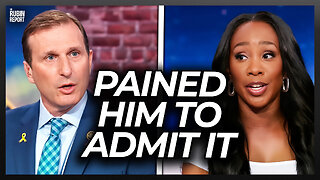 46:24
46:24
The Rubin Report
3 hours agoListen to Dem Stutter as He’s Forced to Admit Trump Did the Impossible
34.5K19 -
 17:13
17:13
Neil McCoy-Ward
1 hour ago🚨 NATO Just Announced WHAT?!
2.3K11 -
 LIVE
LIVE
The Shannon Joy Show
3 hours agoCountdown To SJ Live - Hey Fam Town Hall 12pm ET LIVE! Tune In HERE
34 watching -
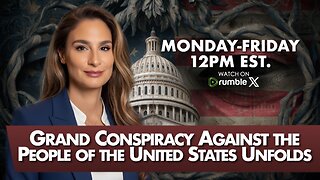 1:36:51
1:36:51
The Mel K Show
3 hours agoMORNINGS WITH MEL K -Grand Conspiracy Against the People of the United States Unfolds 10-10-25
16.9K6 -
 1:02:15
1:02:15
Dr. Eric Berg
4 days agoThe Dr. Berg Show LIVE October 10, 2025
26.3K10